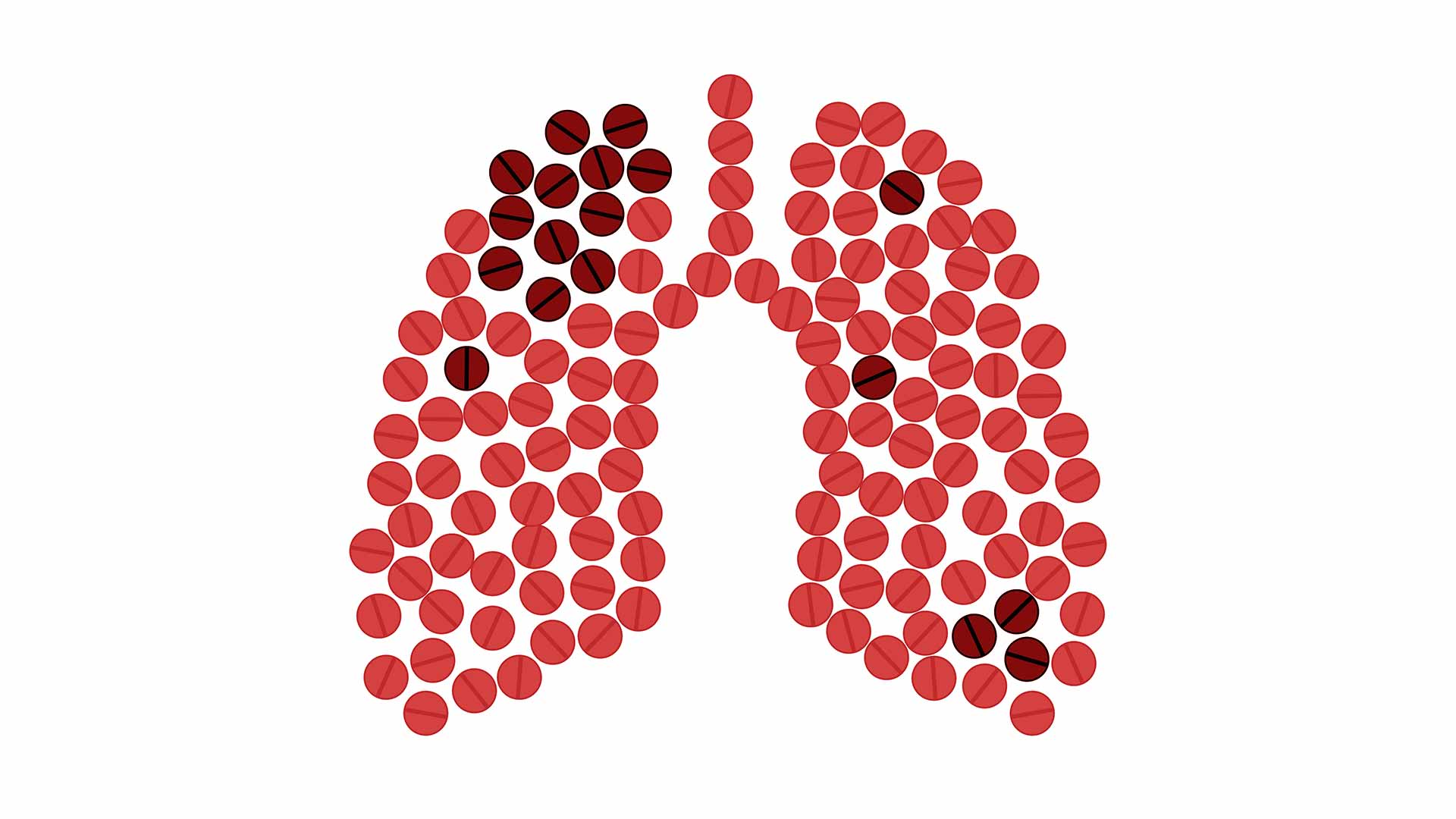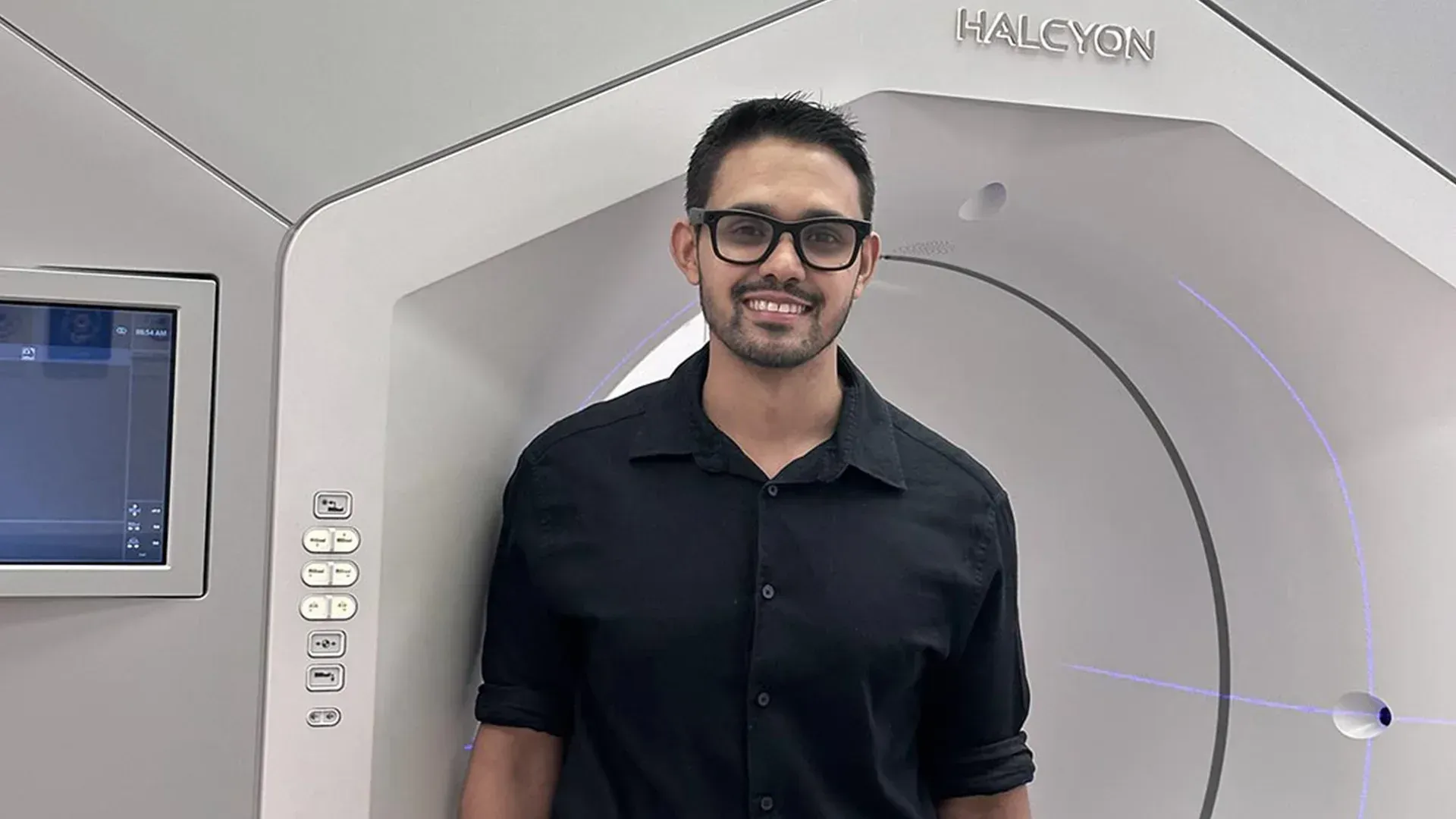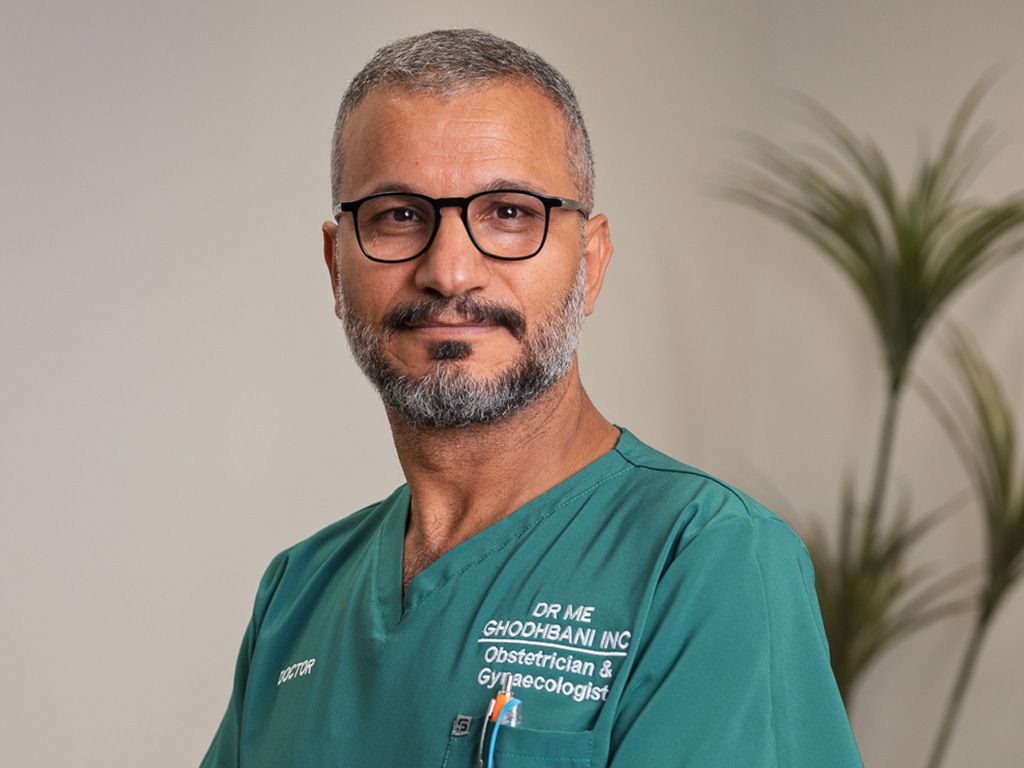World Tuberculosis (TB) Awareness Day, commemorated on Wednesday 24 March, reminds us that the ongoing TB epidemic in South Africa must not be forgotten amidst the global Covid-19 pandemic. It is estimated that some 58 000 people died of TB in our country in 2019 alone, and there are grave concerns that a slow-down in TB testing and treatment could place many thousands more lives at risk.
“World TB Day is a most important opportunity to raise awareness and encourage testing to help address the damaging effects of the ongoing, global epidemic of TB,” says pharmacist Joy Steenkamp of Medipost Pharmacy, South Africa’s largest national courier pharmacy.
“The World Health Organization [WHO] and the United Nations set a target to eradicate TB by 2030 in the Sustainable Development Goals, however this ambitious aim requires an enormous global effort at all levels of society. The World TB Day theme for this year is The Clock is Ticking, highlighting that time is of essence to save lives from one of the deadliest infectious diseases in the world,” she says.
Steenkamp points out that since the advent of the Covid-19 pandemic, many developing countries in particular have encountered new challenges in reaching this goal. “Here in South Africa, these setbacks include fewer people seeking medical attention and being tested for TB often out of fear of contracting Covid-19 in the healthcare setting, as well as reduced numbers of patients accessing TB medicines and completing their treatment.”
Preventing treatment-resistant strains of TB
“From a pharmacy perspective gaps in medicine access for TB patients are especially concerning, as interrupted treatment can lead to the development of multidrug-resistant TB (MDR-TB) or extensively drug-resistant TB (XDR-TB) strains that are more difficult to treat. Many people soon start to feel better once they begin TB treatment, however it is crucial to complete the full course of medicine, exactly as prescribed by your doctor even once symptoms improve.”
“With the treatments available today, TB can often be cured within six months, however if left untreated it can infect other parts of the body. Anyone can get TB, and there is no reason to be ashamed or to stigmatise others with the condition. Remember, approximately a third of us have latent TB already in our systems, even if we do not become ill with it,” she points out.
Similarities and differences between Covid-19 and TB
According to Steenkamp, while trying to navigate parallel health crises can be difficult, recognising how TB and Covid-19 compare and contrast can be helpful.
“Like Covid-19, TB is spread through tiny droplets from the respiratory tract, however, the difference is that TB droplets can remain in the air for a few hours, and inhalation is the primary route of contracting the bacteria. SARS-CoV-2, on the other hand, tends to fall on surfaces and can also be spread when someone touches an object with the virus droplets on it.”
Some of the precautions to prevent the spread of Covid-19 can also help reduce the spread of TB, namely: wearing a mask, practising social distancing, and avoiding crowded, poorly ventilated areas. Opening windows for good ventilation in vehicles and buildings can further help reduce the chances of infection.
More than ‘just a cough’ – know the symptoms of TB
Typical symptoms of TB include fever, cough, body aches, chills, weight loss and night sweats, and while the disease more commonly affects the lungs, it can also affect other organs or structures including the lymph nodes, bones, the abdomen, pleura (the lining of the lungs), the heart, spinal cord or brain.
“TB meningitis, which is when the infection causes inflammation of the membrane covering the brain, can present with symptoms of headache, light sensitivity, stiff neck and seizures. People with TB pericarditis, which involves inflammation of the heart, may experience shortness of breath, difficulty breathing when lying down, ankle oedema [swelling], and a fast heart rate,” Steenkamp notes.
“Another way TB can affect the body is spinal TB with neurological complications, which can cause symptoms of severe back pain, swelling, abscesses, vertebral collapse, and ultimately paralysis, if not treated in time.
“As South Africans, we can play our part towards ending TB by breaking down the stigma, knowing how it spreads, and raising awareness of classic and unusual symptoms of TB. In addition, the WHO recommends increasing access to medication and community programmes, the use of technology in counselling and supporting treatment adherence, as well as decentralised or home delivery of medication, for prevention and successful treatment of TB,” Steenkamp says.
“TB therapy requires commitment and support to finish the typical six-month regimen. Newer antibiotics and shorter treatment regimens are currently being studied in South Africa with promising results, which is very welcome news because TB can become resistant to current treatments. For now, awareness, empathy, testing and treatment adherence are our best line of defence against the ever-present threat of TB.”
Keeping treatment on track throughout lockdown
Medipost Pharmacy, South Africa’s largest national courier pharmacy, delivers prescribed chronic medication, including TB treatment, to any address in South Africa. The convenience of this service ensures patients can access their medicines easily and confidentially from their home or workplace, either as medical scheme members or private patients.
Some Medipost Pharmacy patients collect their chronic medicines from pick up points or their doctor’s practice. These doctor practice collection points are an important service to improve access to chronic medication in areas where limited healthcare services are present and further supports adherence, which is as crucial as ever in light of COVID-19. Strict confidentiality measures, including the fact that there is no indication of the parcel contents on the external packaging, ensure that patient privacy is protected.
People registered with Medipost Pharmacy’s chronic medication delivery service or self-medication
online shop have access to telephonic clinical advice from pharmacists and pharmacist’s assistants in their preferred official South African language. This service is available from Monday to Friday, 08h00 to 22h00, and Saturdays between 08h00 and 12h00 for advice regarding dosage, possible side effects or interactions and other concerns relating to medication dispensed by Medipost Pharmacy.
For more information or to register as a patient with Medipost Pharmacy please visit
medipost.co.za.













